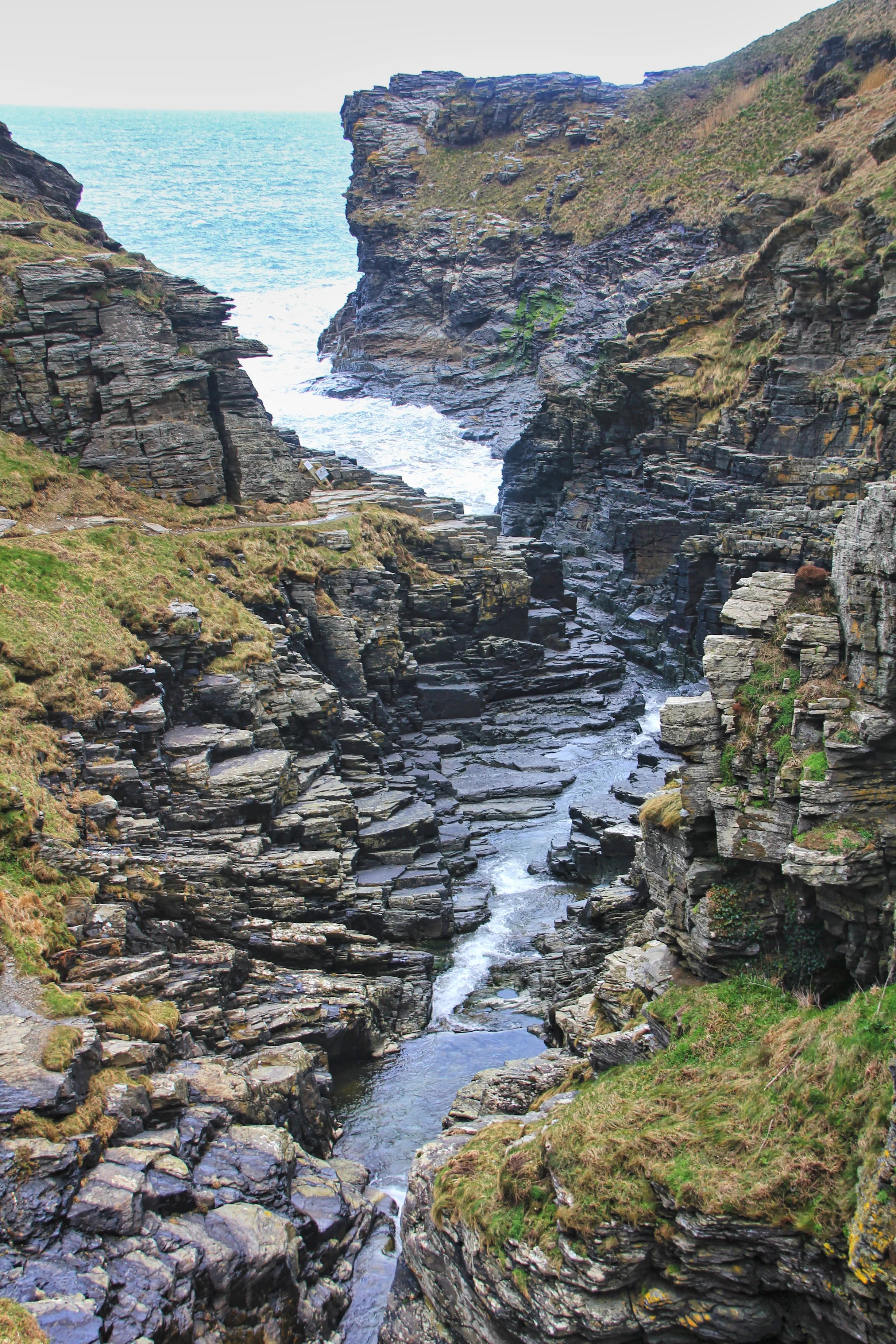Trees - and why we need to be caring a lot more about them
My newspaper column which appears in the Western Morning News, Western Daily Press etc each Saturday focussed on the subject of trees this weekend - or rather, our relationship with trees - given the cavalier way in which some people seem to be treating these fabulous living organisms…
Tree… Now there’s a word you don’t want to say too loudly in Plymouth.
What were they thinking? As public relations nightmares go, the midnight felling of 110 trees in the city centre was akin to assassinating Bambi with a double-barrel shotgun and leaving the carcass to hang in the main street.
It seemed sad to me, but then so has the news of many other trees being selected for the chop in places around the country - Sheffield, Haringey and Wellingborough, to name but a few.
There’s been a lot of tree-related outrage this past week, but my own moment of chainsaw sadness occurred when I turned a corner on my way to Taunton and saw, to my horror, that one of the finest cherry orchards in the region had been flattened. Not a single twig remained.
What are we doing? There’s a call for more trees to be planted around the country and also a general agreement that we should be bolstering national food security by growing more rather than importing stuff from abroad. And what are the head-lines yelling about? Chainsaw massacres right, left and centre.
The felling of Plymouth’s timber made me wonder if there are two types of people… Those who love trees, and those who don’t give an owl’s hoot about them.
If you were the sort of person who loves everything to be neat, symmetrical and tidy, you could regard trees as being a bunch of scruffy anarchists. They can spread boughs willy-nilly without giving any heed to some developer’s desired effect and they chuck away tons of leaves with what used to be known as gay-abandon. If an urban oak tree was a human, it would be arrested every autumn for being a litter lout.
So trees can be troublesome. And if you are an urban-planner there is probably such a thing as the ‘wrong type of tree’ - in the same way railway executives talk about the ‘wrong type of snow’.
Years ago when I first joined our parish council it was predominantly manned by craggy-faced, cap-wearing, old countrymen who, for the most part, disapproved of trees or anything else Mother Nature attempted on her own volition. They insisted every blade of municipal grass should be mown to within an millimetre of its life and that every hedge should be hacked back to bare roots at least once a year.
“Gotta keep it nice and tidy…” was their mantra.
It came to a head when a lady councillor called for one grassy bank not to be mown until mid-summer because it was rich in wild flowers. The old boys hated the idea of all the anarchic blooms, no matter how colourful or even rare they were. Out came the contractor’s mower and the grassy bank was as bare as a vertical cricket pitch for the rest of that year.
However, patient Mother Nature eventually had her way by seeing out the old boys and then burying them in her soil - and the greensward in question has been blooming better and better with Chelsea Flower Show style-panache ever since.
For a long time I tried to figure out why the rustic old councillors had been so obsessed by what they called tidiness and eventually I decided it was because they had grown up at a time when Nature was still a very powerful thing indeed. So powerful that she pretty much ruled the real roost. From bats up in the belfry down to mice in the wainscoting, our elder statesmen were old enough to have lived in a world that was constantly being invaded by the natural environment. Leave a bit of West Country ground untouched and it will turn into a thicket in five years and a full-blown woodland in 20. If you don’t have machines and chemicals on your side, Mother Nature will indeed come marching in.
So back when those old councillors were young in a more-or-less motor-free world, dealing with encroaching nature really would have been a constant battle. Now the tables have been reversed - nature is on the defensive and we are constantly invading its last strongholds.
I remember thinking about my parish council friends while on a press trip to Singapore - a visit which came to mind again this week. Why? Because the Singaporean parks department spent a day taking a gang of us journalists around the city showing us the vast numbers of huge trees which grow there. They were hugely proud of these leafy giants because they’d discovered just how effective they were when it came to soaking up pollution. Indeed, the trees had innumerable benefits. They both intercepted harmful particulates and released oxygen - while reducing ozone levels, soil erosion and the strain on the city’s stormwater drainage network.
In highly urbanised Singapore the authorities regard trees as national treasures worth keeping at any cost. In Plymouth trees are swept silently off the streets under the cover of darkness, like so many unwanted vagrants found sleeping in a military dictator’s back garden.
Gazing at West Somerset’s lost cherry orchard, the words of Anton Chekhov’s famous play of that name came to mind: “We have these huge forests. We have boundless open fields. We can see the deepest, furthest horizons. Look around you. Look. We should be giants. We really, really aren’t.”







